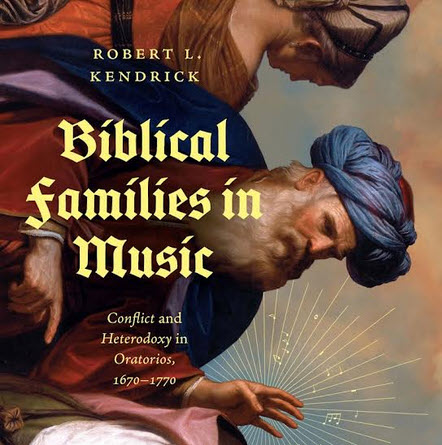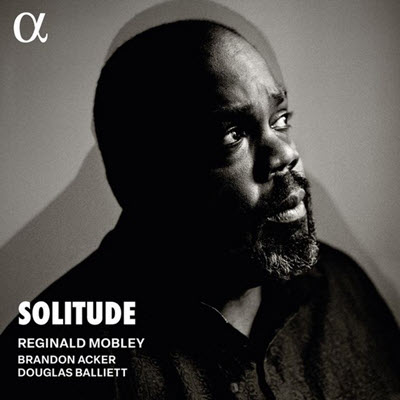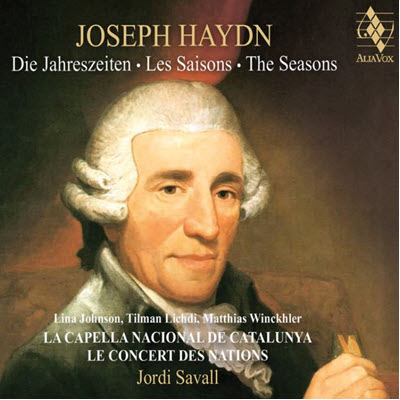by Karen Cook
Published July 25, 2022
Flanders Recorder Duo FR2, Joris Van Goethem and Tom Beets, recorders. Aeolus AE-10316
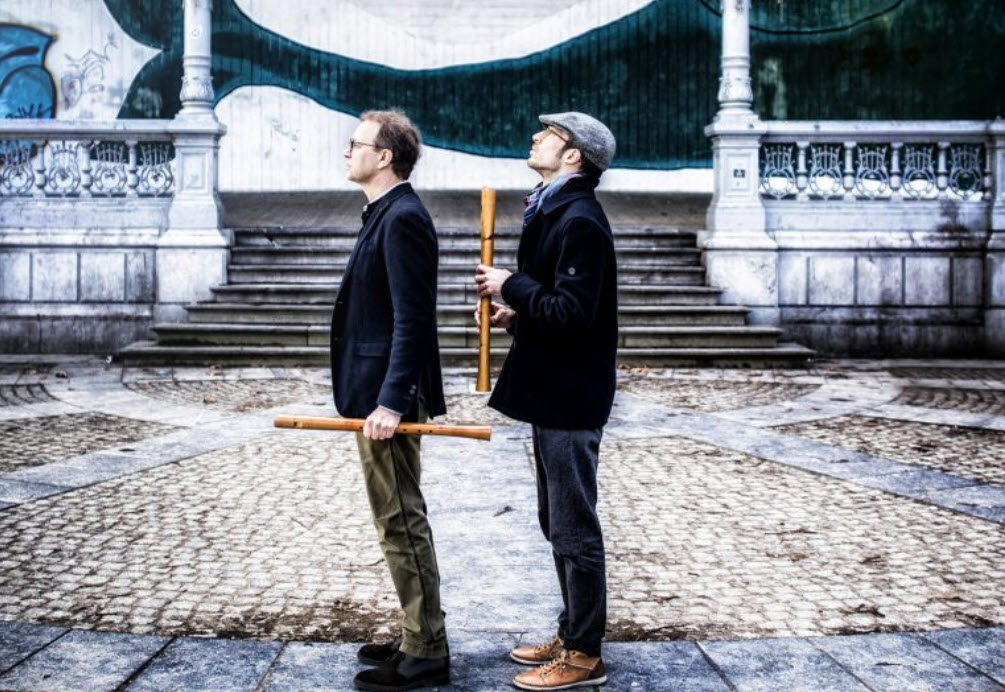
Hearing Joris Van Goethem and Tom Beets again is, if one might pardon a cheeky pun, a breath of fresh air. Half of the much-beloved and sorely missed Flanders Recorder Quartet, Beets and Van Goethem have now metamorphosed into a duo to explore the kinds of two-part repertoire that rarely form the centerpiece of musical attention.
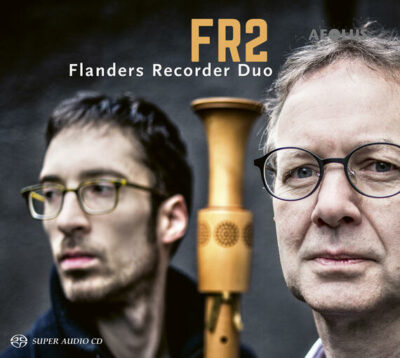
As they say in the liner notes, duets can be found—in European traditions, at least—as far back as notated music permits us to look. But recordings for two recorders or even two equal instruments, whatever they may be, are not particularly common.
For this album, the two have plumbed the depths and gathered selections that run the gamut: from the anonymous 13th-century “A que por mui gran Fremosura” to a Renaissance suite-of-sorts of the Agnus Dei, and from Baroque sonatas to a small bevy of newly composed works, including two commissioned by the duo themselves: Glen Shannon’s “Slingshot” and Sören Sieg’s “The Dervish and the Devil.”
Some of the works required the duo to make new transcriptions, such as the opening Sonata in g minor by Georg Philipp Telemann, originally for harpsichord, while the concluding number, “Black,” was recently arranged for recorder by its composer, Marc Mellits. It is, therefore, a remarkably varied album—not only in chronology and genre, but also in the types and ranges of the instruments they so masterfully present. A veritable forest of recorders make their appearance here and, in some cases, all in the same place.
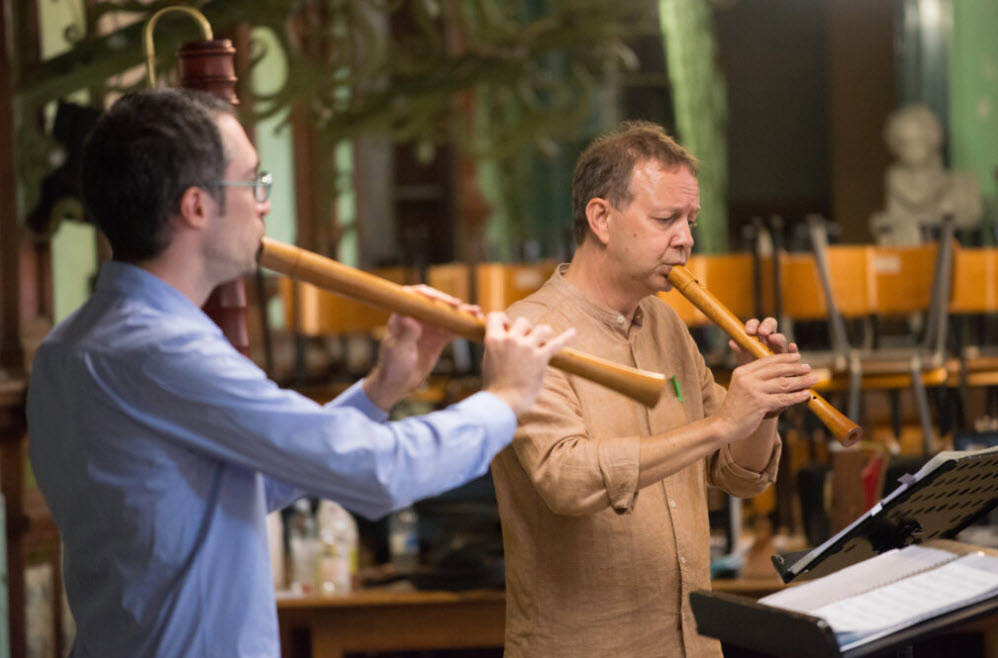
Listen, for example, to that beautiful collection of Agnus Dei settings at the center of the recording, which starts with some of the higher instruments and slowly swirls downward toward the bass register. So, too, do some supportive percussion (foot stomping, drone boxes, a thumb piano) and even some bamboo pipes that Beets and Van Goethem made by hand. The latter, by the way, are used for a surprising world premiere recording: a charming Suite for Two Pipes by Ralph Vaughan Williams.
The musicianship on the album is without question, regardless of style, genre, or era. Their tuning and intonation is simply superb, and they play together in uncanny sync. All of the works are treated with sincerity and respect, but the newer, sprightlier works also have a thread of humor and wit to them, as though the two were winking knowingly at the audience from the stage.
Perhaps the most familiar of the works included here is also the quirkiest and least expected—an arrangement of the famed Toccata and Fugue in d minor, attributed to J.S. Bach. While most listeners will be used to hearing this work on a huge Gothic organ, perhaps in a horror movie, here the piece is turned on its head by the duo’s spin on articulation and the stripped-down harmonic texture. In contrast, the slower textures and constant revolutions around unisons in the three contrapuntal duets from the Cancionero de Upsala are simply mesmerizing, and the different sounds and techniques in the contemporary works are quite enjoyable. “Slingshot,” for example, starts off slowly and then builds up a jazzy groove, while “The Dervish and the Devil” brings in some foot tapping and cajóns to accompany the energetic recorders. In sum, it’s an excellent, engaging new album, and I certainly hope that another recording might not be too far off in the future.
Karen Cook specializes in the music, theory, and notation of the late medieval and early Renaissance periods. She is assistant professor of music at the University of Hartford in Connecticut.
More CD Reviews:
No posts

